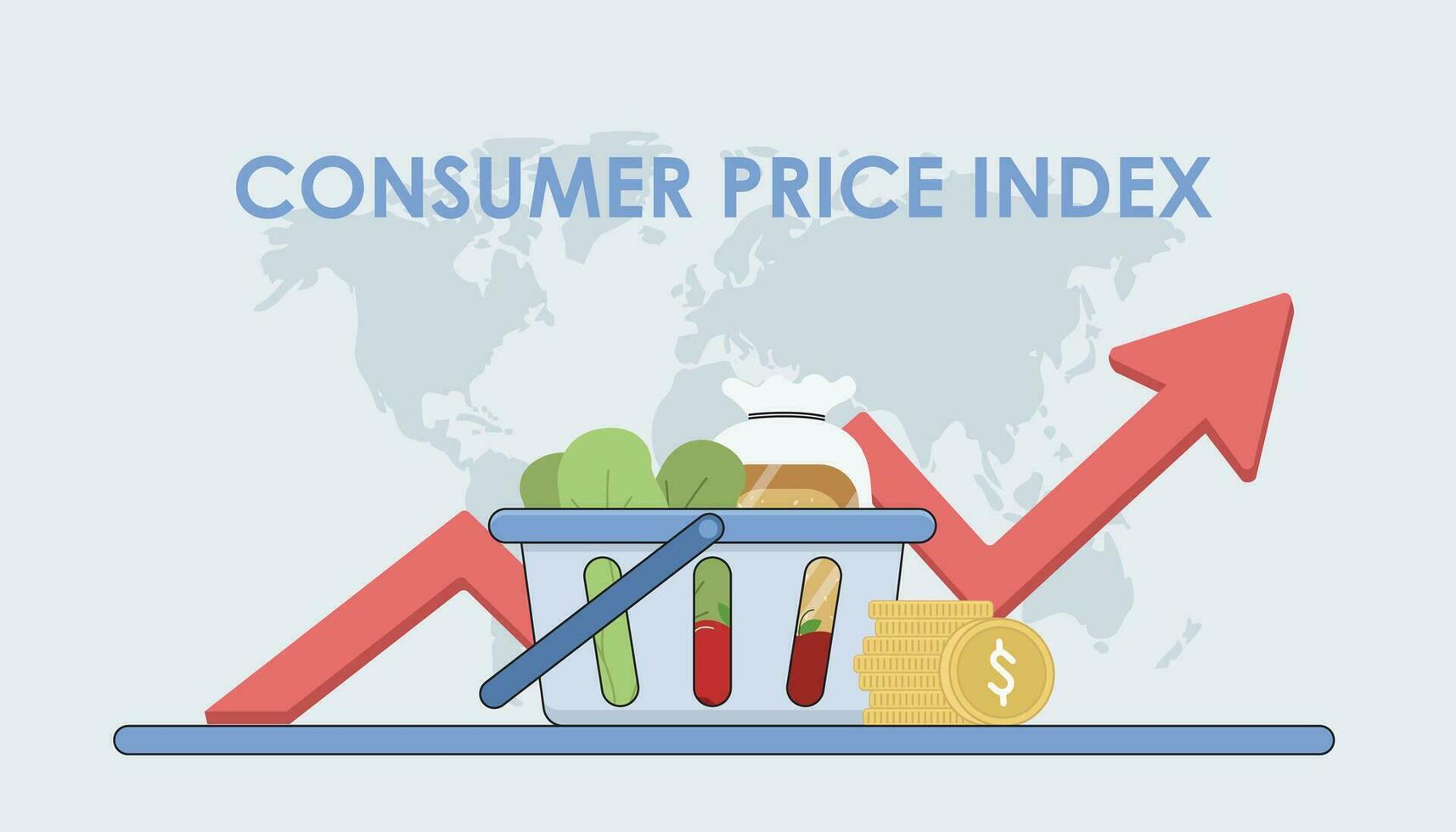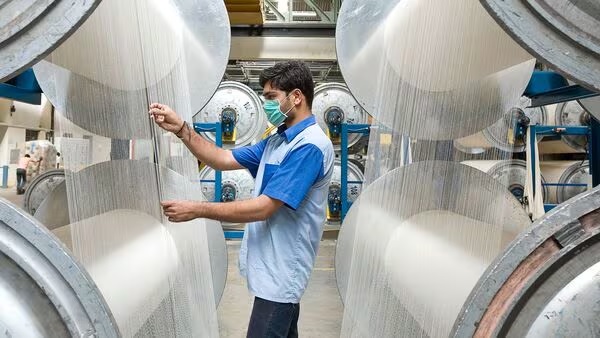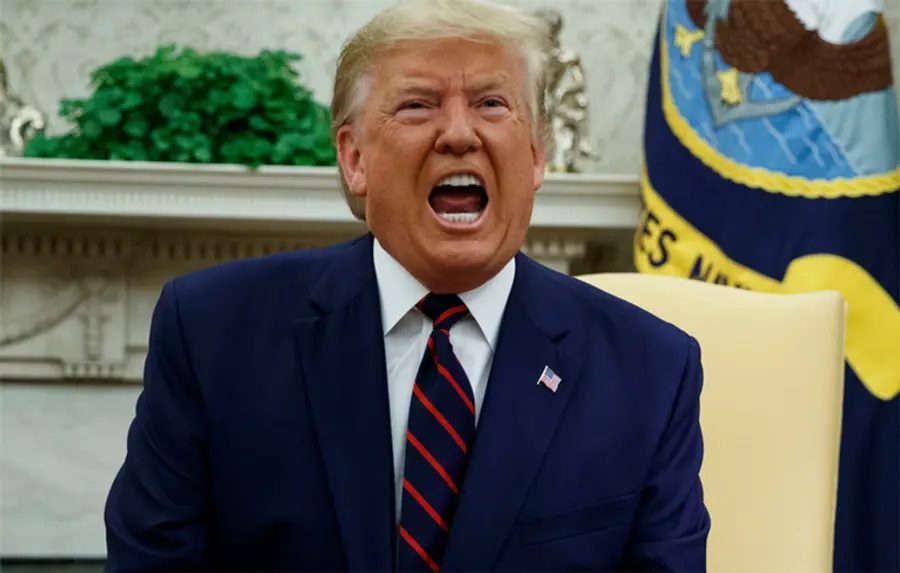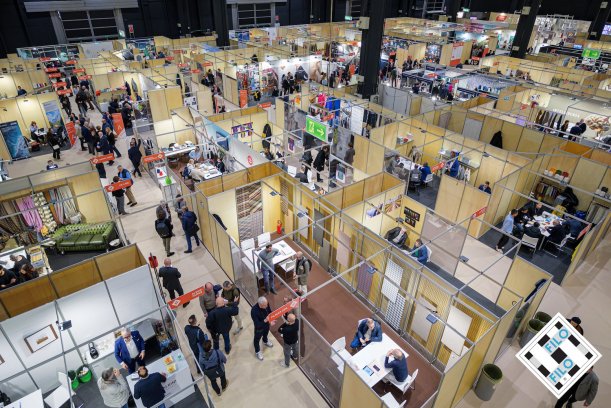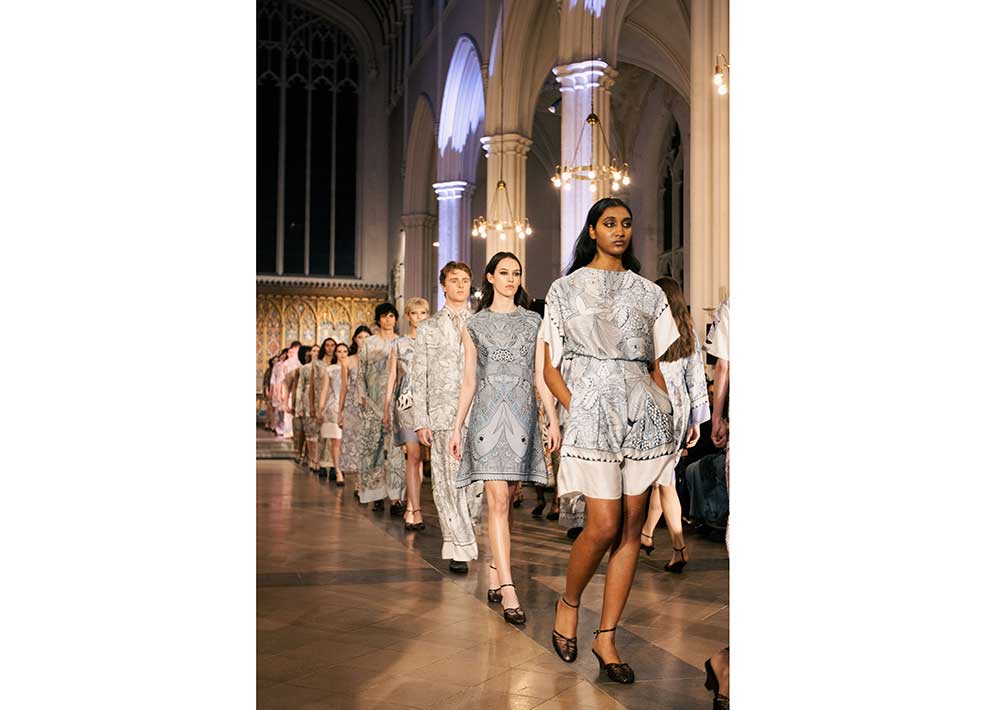A few Washington lawmakers are advocating for the passing of the House Bill 1107 for increased transparency in the fashion industry’s environmental and labor practices.
Introduced by Rep. Sharlett Mena (D-Tacoma) at the start of the 2025 legislative session, the bill targets fashion companies with gross income exceeding $100 million, requiring them to disclose their impact on the environment and labor standards.
The bill responds to growing concerns over fast fashion's environmental toll, including excessive waste, pollution, and resource consumption. For instance, producing a single pair of jeans requires up to 10,000 liters of water, equivalent to 10 years of drinking water for one person, according to the United Nations.
Past iterations of the bill failed to advance in 2022, 2023, and 2024. However, this year’s version includes updated requirements for fashion manufacturers to report on chemicals in clothing, environmental marketing claims, disposal practices for unsold items, and pollution-reduction initiatives. The reports would help Washington’s Department of Ecology develop policies to minimize the industry’s environmental impact.
Companies that fail to comply could face penalties, with funds directed to underserved communities impacted by environmental harm.
Supporters, like Kathryn Horvath, WashPIRG argue the bill provides much-needed transparency, enabling the state to mitigate waste and pollution. They note that many large companies, such as Nike, already produce similar reports.
However, critics raise concerns about the bill’s feasibility. The Washington Retail Association warns it could lead to higher costs for consumers and fewer clothing options in the state. The Department of Ecology, which remains neutral, has expressed reservations about its ability to oversee global supply chains and suggested involving other state agencies.
As Washington’s 105-day legislative session unfolds, lawmakers will determine whether the state is ready to lead the charge on fashion industry accountability or if this proposal will remain on the shelf.

